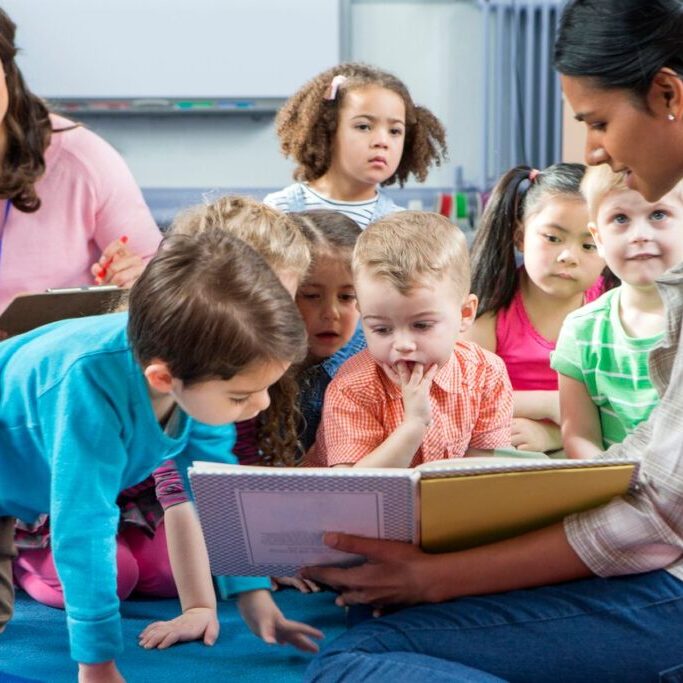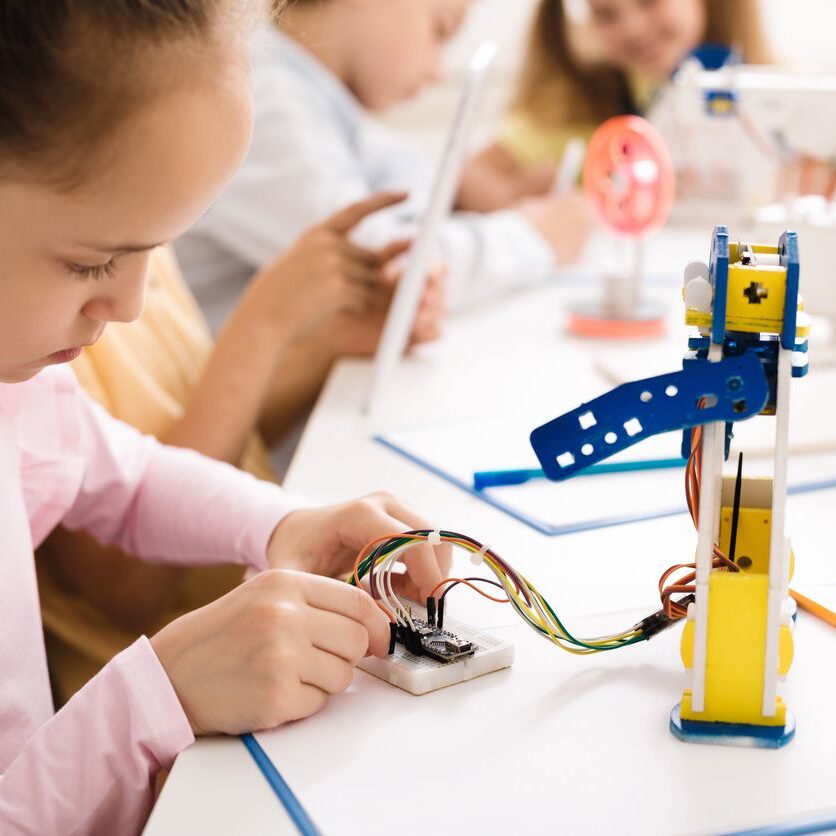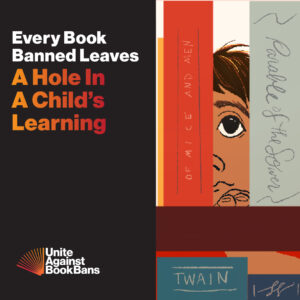What's New at PA Forward®
Bucks County Today Article – July 18, 2024
Read MoreRemoving and banning books from public libraries is a slippery slope to government censorship and the erosion of our country’s […]
Read MorePa Forward(R) is excited to announce the launch of a virtual programming library. Watch high quality library programming brought to […]
Read MoreBasic Literacy
How is basic literacy defined?
Developing foundational competency including reading, writing, math, job application assistance, and overall life-skill development. Also includes STEM (Science Technology, Engineering, and Mathematics) knowledge building on basic skills and concepts.
A child who can read by the third grade is unlikely to ever be involved with the criminal justice system.
A child who can read by the third grade is unlikely to ever be involved with the criminal justice system.

In preschool, children listening to stories is positively associated with activation of brain areas supporting mental imagery and narrative comprehension, regardless of household income.
Higher levels of inequality in literacy and numeracy skills are associated with greater inequality in the distribution of income.


Each year, low literacy costs the U.S. $225 billion or more in non-productivity in the workforce, with crime, and loss of tax revenue due to unemployment.
In all countries, individuals who score at lower levels of proficiency in literacy are more likely than those with higher proficiency to report poor health, believe that they have little to no impact on the political process, and not participate in associative or volunteer activities.




